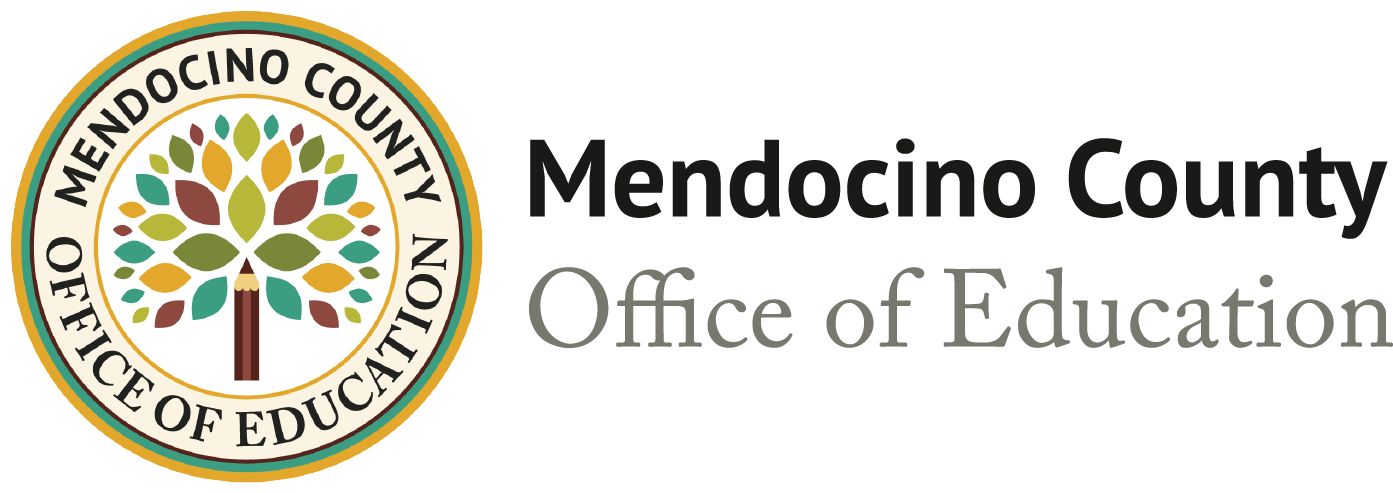
California Community Schools Partnership Program
A whole-child, whole-school model for equitable school improvement.
MCOE proudly supports the California Community Schools Partnership Program (CCSPP), an initiative designed to enhance student success by fostering strong connections between schools, families, and local communities. Currently, five diverse schools in our county are participating in the Community Schools Initiative. These include Fort Bragg Unified and Anderson Valley Unified—two unified K-12 schools with student populations of 1,700 and 400, respectively—and three smaller charter schools: Tree of Life in Ukiah, Pacific Charter in Point Arena, and Shanel Valley Academy in Hopland, ranging in size from 35 to 100 students.
Across Mendocino County, additional schools and districts are preparing to join this transformative initiative. By implementing the CCSPP framework, participating schools aim to expand learning opportunities through enriched before- and after-school programs, strengthen family and community engagement, and address barriers to learning with wellness and family liaison centers. Together, we are creating a brighter future where every student has the resources and support they need to thrive.
Community schools are public schools that partner with families and community organizations to provide well-rounded educational opportunities and supports for students’ school success. Like every good school, community schools must be built on a foundation of powerful teaching that includes challenging academic content and supports students’ mastery of skills and competencies.
What makes community schools unique is the combination of four key pillars (or features) that together create the conditions necessary for students to thrive. The pillars are: 1) integrated student supports; 2) expanded and enriched learning time and opportunities; 3) active family and community engagement; and 4) collaborative leadership and practices.
The most comprehensive community schools are academic and social centers, where educators, families, and neighbors come together to support innovative learning
Because each community school is a reflection of local needs, assets, and priorities, no two look exactly alike. What they do share, however, is a commitment to partnership and to rethinking—and at times rebuilding—relationships based on a strong foundation of trust and respect.

A dedicated staff member coordinates support programs to address out-of-school learning barriers for students and families.
Mental and physical health services support student success.
Community Schools utilize the “whole child” approach when addressing student needs. This means that while academic learning is a focus, so are students’ social and emotional needs. Community Schools provide a wide range of services and support to address these needs. While every Community School has different priorities based on their needs assessment, all Community Schools strive to provide at least the most basic services and support, including medical, dental, and mental health care services, tutoring, and other academic support. Resources for families are also available, such as parent education, housing assistance, and job training. This support is secured through partnerships with local social and health services agencies, non-profits, and other community-based organizations.

Enrichment activities emphasize real-world learning and community problem solving.
After-school, weekend, and summer programs provide academic instruction and individualized support.
Community Schools also provide expanded learning time and ample enrichment opportunities. This means that the focus on student’s academic success and social and emotional development is also supported outside of the regular school day. Students are provided with programs and opportunities for enrichment activities.

Promoting interaction among families, administration, and teachers helps families to be more involved in the decisions about their children’s education.
Schools function as neighborhood hubs. There are educational opportunities for adults, and family members can share their stories and serve as equal partners in promoting student success.
Active family and community engagement are essential to the success of a Community School. By promoting interaction among families, administration, and teachers, Community Schools invite families to be more involved. As a result, schools are seen as educational partners and neighborhood hubs. Community Schools foster trusting relationships with all stakeholders and help create an inclusive, empowering decision-making process that is built on trust and respect. Community Schools strive to create systems and structures for shared leadership and welcoming environments for families and community members.

Parents, students, teachers, principals, and community partners build a culture of professional learning, collective trust, and shared responsibility using strategies such as site-based leadership teams and teacher learning communities.
Collaborative leadership and practices in a Community School can be seen as the process that links the other three pillars. This starts with developing a unifying vision and goals and identifying shared responsibilities among stakeholders. Collaborative leadership should extend beyond the school team. It should include students, families, community members and leaders of community-based organizations, local government agencies, and university partners.
Events & Professional Development Opportunities
Cohort IV
Implementation Grant Due February 7th at Midnight
Grant Writing Series: CCSPP Cohort IV
Tuesday, January 7 & 14 at 9:00 - 10:00 am
Resources
- CDE - California Community Schools Partnership Program (website)
- Community Schools Playbook (website)
- Community Schools Learning Exchange (website)

Main Contacts

Community Schools Coordinator

Director - Student Services & Wellness
This site provides information using PDF, visit this link to download the Adobe Acrobat Reader DC software.

